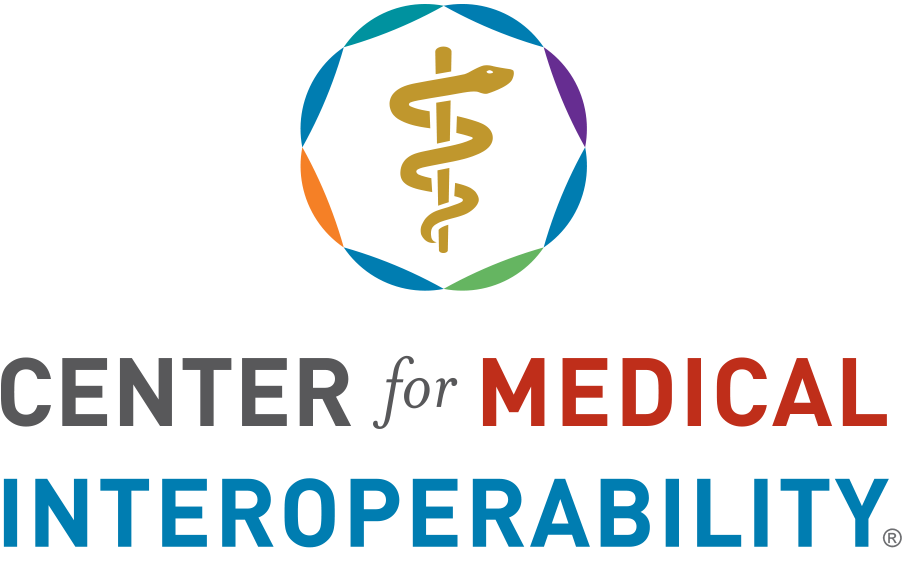National health care industry group The Center for Medical Interoperability has announced its board of directors, which includes five big-time Nashville health care leaders.
The local quintet consists of: Dr. Jeffrey Balser, vice chancellor of health affairs at Vanderbilt University Medical Center; Bill Carpenter, CEO of LifePoint Hospitals; Milton Johnson, CEO of HCA Holdings; Michael Schatzlein, CEO of Saint Thomas Health on behalf of Ascension Health; and Wayne Smith, CEO of Community Health Systems.
The Center for Medical Interoperability’s goal is to spearhead integration of medical technologies. The organization will develop a research and development lab to build standardized “plug-and-play” solutions for electronic medical records.
“It is vital that all forms of health care technology, including medical devices and electronic health records, be able to seamlessly exchange information so that the quality and safety of care can be improved and costs can be reduced,” Dr. Michael Johns, board chairman, said in a release.
The board of directors also includes representatives from Northwestern Memorial HealthCare, the Robert Wood Johnson Health System, Cedars-Sinai Health System, Hennepin Health System, Johns Hopkins University School of Medicine, West Health Institute, West Health and Scripps Health.
Via Nashville Post
